
Book Review | Shadow Fall
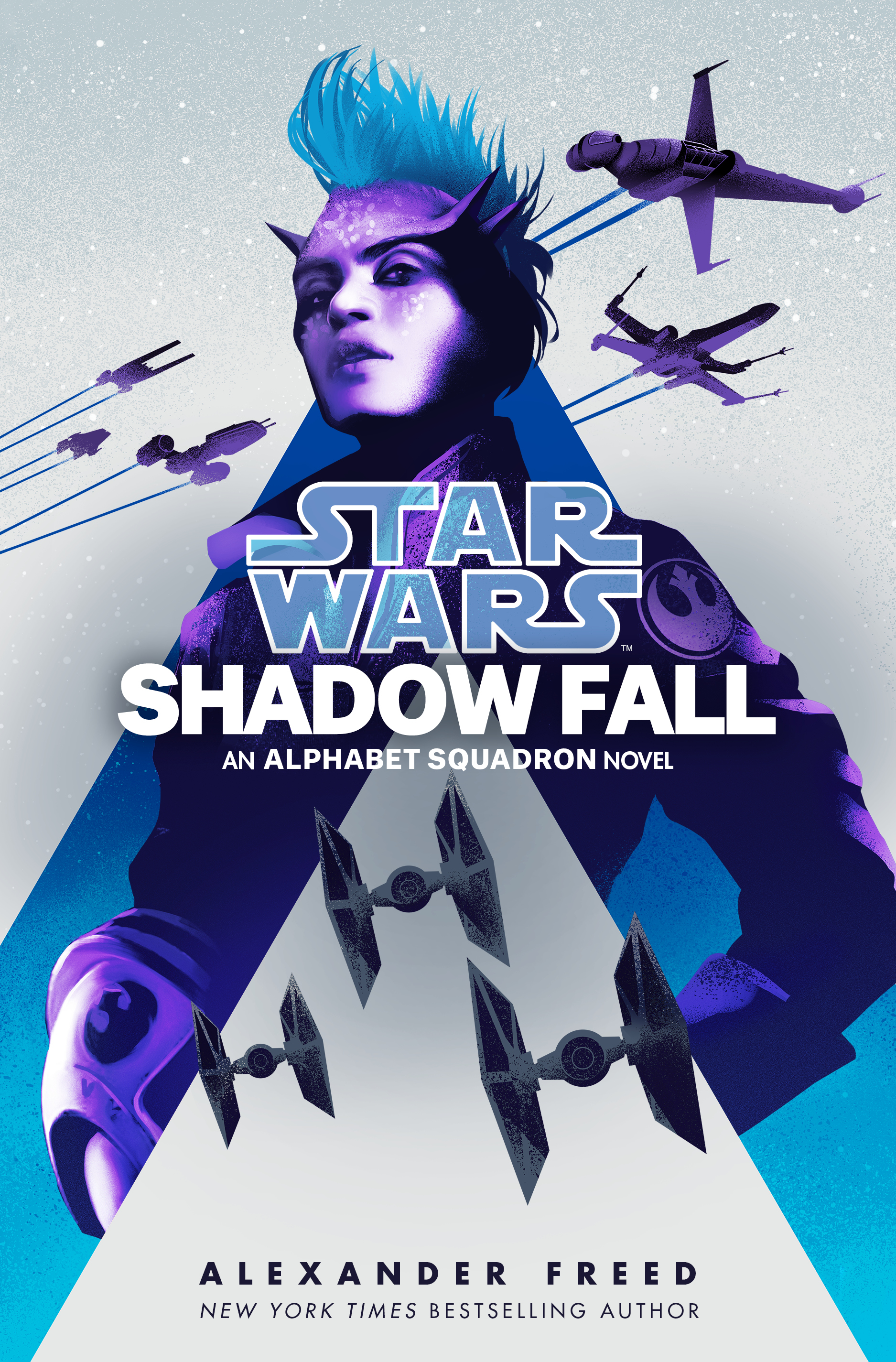
Author: Alexander Freed
Publisher: Del Rey
Length: 400 pages
EE Critic Score: 8/10
Shadow Fall is the sequel to Alphabet Squadron, and it continues the story of a cobbled-together crew of New Republic pilots hunting after a deadly wing of Imperial covert-ops TIE Fighters. Again, the author is Alexander Freed, who has made a name for himself as the leading military sci-fi writer in the new Star Wars canon. The first Alphabet Squadron was easily my favorite book in the new canon, so I was going into this book with some high hopes.
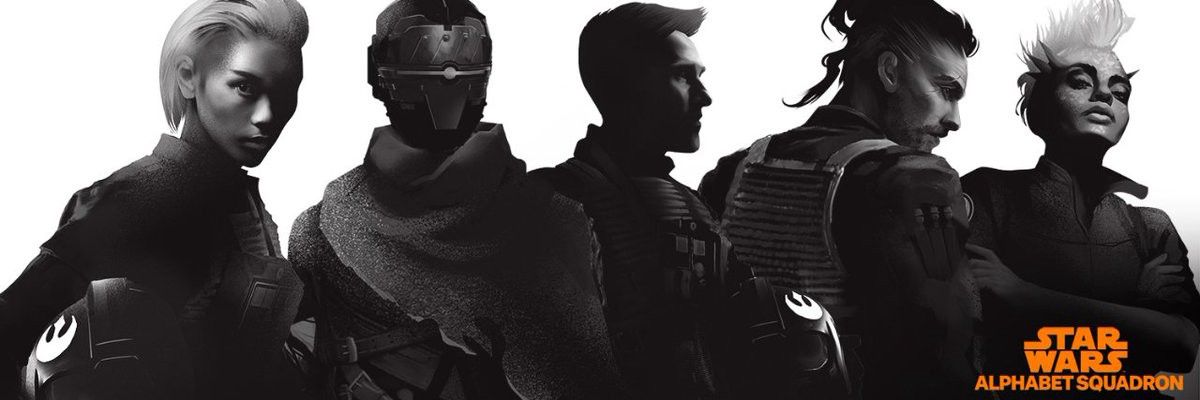
The Analysis section discusses plot points of the book. If you haven’t read it yet, please skip ahead to the Recommendation & Rating section.
Analysis
This book is not as good as Alphabet Squadron. That isn’t to say it isn’t still quite good. Most issues arise from the fact that this is a middle chapter; we already know the world and its characters, so there is no need for setup, and we also don’t see much being resolved with any finality, since we need to leave something for the finale. What we do get is a few crises that break up the group we saw come together in the first chapter, bringing about a new, more dramatic context for the upcoming Victory’s Price to live in. For a middle chapter, it’s actually a great read. But I don’t think it’s as great as the first one was.
Seeing Chass na Chadic on the cover made me wonder if this book would focus largely on her, as Alphabet Squadron focused largely on Quell. While we did find out more about Chadic’s backstory and character, I wouldn’t really say this book was hers. She’s a fairly static character so far; she ends this book the same person she started as, the same person she was through the previous book.
More of an arc is given to Wyl Lark, actually. As he takes over command of what remains of Alphabet Squadron, Lark must truly consider what he does as a military officer for perhaps the first time. His pacifist tendencies clash with the task of sending people into battle. He is no longer able to ignore the war, sitting high above it in his A-Wing, shooting faceless machines concealing the living pilots inside. This sort of split, between the pilot and the infantry soldier, I’ve seen addressed before, but not in Star Wars, as far as I recall.
We see a bit more of Kairos here, but I don’t think Freed has plans to flesh her out as much as the other pilots. He’s said that sho only exists because someone to fly a U-Wing. She spends most of this book wounded and off-page.
Tensent remains entertaining, but he has a bit less to do here than in the last book.
On to Soran Krieze: I didn’t get him, as a villain or a character, generally. Overall, I think this book spent more time with Krieze and Shadow Wing than was strictly necessary. They worked best the less we knew about them, in the last book, where they were this unstoppable assassin force striking from the dark of open space. Here, they’re stuck on their back foot, scared rather than scary. Krieze never seems to have much of a plan, or any clear objective, beyond exacting some revenge against Hera Syndulla. I was honestly bored while reading his scenes.
Yrica Quell remains the focus in a large way. It’s really interesting to see a pro-shame message in a book these days. Quell tries to draw on her self-loathing over Nacronis to break into the Sith tower, but that doesn’t work. Because true Sith doesn’t wallow, or revel, in their wrongdoing; they ignore it, shameless in their evil.
She could smash her own kneecaps and hope raw, physical pain did the trick. She could attempt to explore, to inhabit her feelings as the droid had advised. Neither option seemed promising — she could hurt herself no worse than the droid already had, and as for her feelings? Was she, as the droid had said, resisting?
The question lingered awhile before she decided she knew the answer.
She’d stopped resisting after Pandem Nai. Every moment since she’d acutely felt her own guilt, her own complicity and cowardice. She understood all she had done and why. The droid had mistaken an unwillingness to confess with a lack of comprehension.
Which left her with what?
I drink. I work. I do what good I can in the galaxy. I manage, Yrica Quell. I move forward, because dwelling on my shame doesn’t help anyone.
Was the solution that simple?
Quell isn’t a Sith, of course. She’s a pawn of the Sith who is burned out of trying for redemption. Actually, this book poses a really interesting question: should Quell be redeemed? This book and the last tells her story sympathetically for the most part. But, as Chadic puts into these exact words, she did what the Death Star did: she killed a planet.
I mentioned in my review of the first book that I find Quell to be a type of the whole post-Endor Galaxy. In that book, she showed the sudden hope that there could be a life, a way forward, outside of Palpatine’s machinations. Here, we see what we know will eventually happen to much of the Galaxy at large happen to Quell, as she despairs that her hope had been unfounded. She loses all the ground she had made on her walk away from the Empire: Adan, who sponsored her integration into the New Republic, dies; her team’s trust, albeit somewhat dubiously earned, is lost; IT-O, who had provided a model of an instrument of Imperial terror finding redemption and new purpose, here provides a model of reversions to dark nature in response to trauma; her former commander, who had forged her path out of Shadow Wing, here forges her path back in. And you, the reader, feel terrible about all of this. You despair not just for Quell, or maybe not really for Quell at all, but for the Galaxy, which to, is spiraling back into the grasp of the Sith.
This book, its predecessor, and many stories set in the Post-Endor, Pre-Starkiller Base era deal with the particular difficulty of bringing a civil war to a close. Where most wars can end with the two disputing factions defining their borders and heading home. A secessionist civil war can end that way, but the war against the Empire was for control of the whole territory. Such wars must end with some degree of mercy being shown to the losing side. Top commanders may face judgment, but to expand retribution to the entire enemy faction leaves them without a surrender, and the war without an end.
What happens to Quell from here, I can’t guess. I am certainly looking forward to Victory’s Price, when I’m sure some conclusion will be made.
Recommendation & Rating
If you read Alphabet Squadron and liked it, go ahead and read this one too. It builds from the same themes as that last book, and goes in some interesting directions, setting up the next book to be, hopefully, something pretty good as well.
If you didn’t like the last one, because it wasn’t really like the old Stackpole/Allston X-Wing series, this book isn’t either.
Again, this book isn’t as good as the last one. The Krieze scenes don’t much go anywhere, and that drags the rating down a bit, but still, I give this a very solid
8/10 — Without significant negative worth. Able to be recommended, at full price, without reservation.


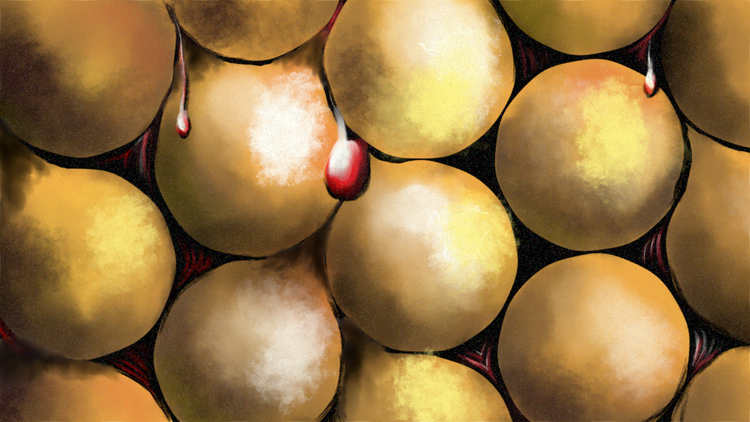
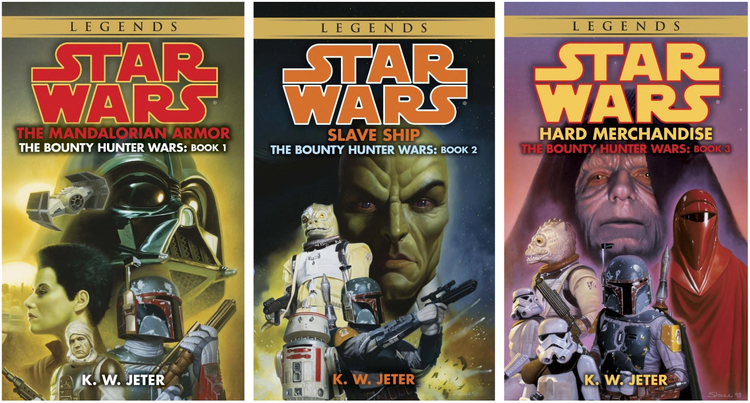

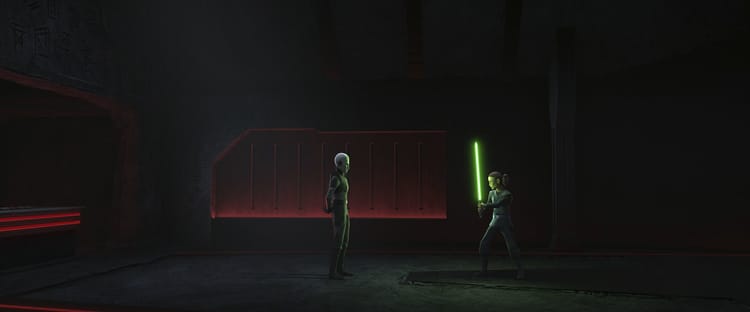
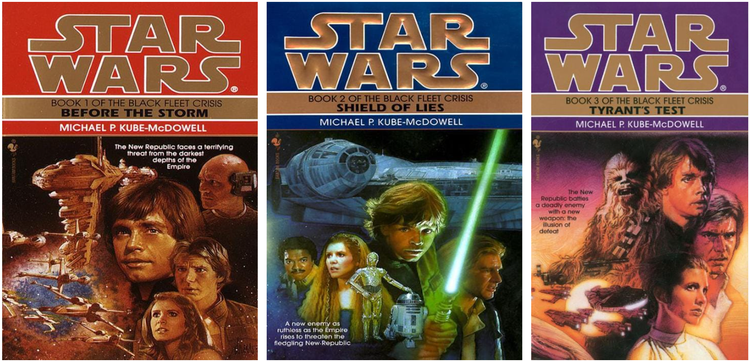
Member Commentary